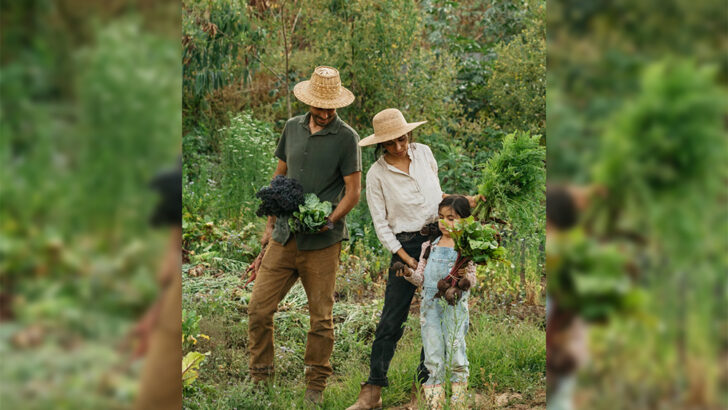A view from the Quays
“He took pity on them because they were like sheep without a shepherd” (Matthew 9:36). Isn’t this one great line! Isn’t it so descriptive. Isn’t it a line that, though written two centuries ago, brings many things to mind today?
We have situations where flocks are being destroyed and scattered because of bad leaders, shepherds that lack integrity and care and it is only the sheep that suffer.
Facing this situation, what did Jesus do? “He set himself to teach them at some length,” we are told. Teaching, in the sense in which he speaks, isn’t preparing them for the equivalent of a leaving certificate or college exams. From Jesus’s perspective it’s introducing them to a different way of living, another way of being. In teaching them, I’d imagine he wasn’t telling them what to do but was helping them see that they had the power to make decisions.
The writer, Victor Frankl, who spent time in the Nazi Work Camps, said that you can find meaning in three possible places: work, love and courage. I don’t suppose you know how meaningful and enjoyable work is until you are in a job that you don’t enjoy, and it drags the whole of your life down. Probably the most meaningful thing in life is a combination for all three which is work that cares for others and where you overcome adversity together. What better definition of a ‘good shepherd’ as one who helps us find meaning in our labours, who loves and cares for you and helps us face obstacles that are thrown across our path.
Admiration
One person I admire greatly is Hubert Joly. He is a French businessman who, at one stage of his life made a disaster of every business he ran, but over several years became an expert in bringing business that had gone over the edge back to life. A friend of his asked him to do a retreat inspired by the spiritual exercises of St Ignatius of Loyola, the founder of the Jesuit order. The exercises are like sitting at the feet of Jesus while he teaches you. They are rooted in contemplation i.e. deep prayer, self-examination (not in a critical way) and under the guidance of a director. This was a life changing experience for him. It brought him back to what he considered his calling was in life and helped him see that this was the most important thing. Finding his own purpose in life helped him approach his task as a manager, helping others find their purpose while developing a community of belonging in the workplace. Purpose and connection were his key motivators. In delivering this methodology he truly became a shepherd to the lost sheep. Through the spiritual exercises he helped people, after helping himself of course find four things: What you love, what you are good at, what the world needs and what you get paid for.
I remember bringing a group of students away to a monastery for a weekend. The monks enjoyed their honesty and their humour. When we were leaving, and they really enjoyed it, I asked the students what they liked most about the experience. They said that they didn’t realise that you could live life differently and still be happy. They were so caught up in what people said a happy life was and they couldn’t believe that you didn’t have to fall victim to all the nonsense in the world.
It’s a way of being free of not being a prisoner and of living differently”
There are ways of living other than the often-destructive patterns that people find themselves stuck in. Even we can have patterns of behaviour that we’d be better without them. It might involve doing something or neglecting to do something, but it doesn’t have to be this way. When someone would let you down another of my mother’s saying was “people make their decisions child.” In other words, they just didn’t forget – they just decided, or decisions were made for them to do something else. Christianity is essentially not an imposition; it’s a way of being free of not being a prisoner and of living differently. This is given expression in the following tale of two masons during the Middle Ages, performing the exact same tasks, who were asked about their work. “Don’t you see? I’m cutting stones,” said the first one, whereas the second took an entirely different view: “I’m building a cathedral.”



